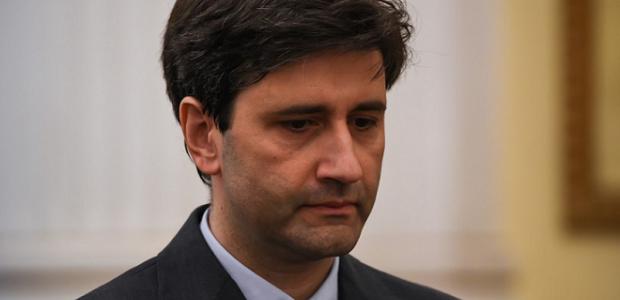Greece’s interim government, appointed just weeks ago as the country prepares for elections on January 20, is racing against time to fulfil bailout commitments, many of which concern energy-sector reforms. Eight of 26 bailout measures that need to be implemented by September 30 concern the country’s energy sector.
The caretaker Finance Minister Giorgos Houliarakis (photo), fully aware of the task’s size and dwindling time, is applying full pressure for swift progress. So, too, is the caretaker Production Reconstruction, Environment and Energy Minister Ioannis Golias, who has ordered his ministry’s officials to remain focused on the bailout reforms and deadlines regardless of the imminent elections.
A large number of the reforms are being prepared at RAE, the Regulatory Authority for Energy, IPTO, the power grid operator, and PPC, the main power utility.
Despite the heightened rate of overall productivity, it still remains unclear whether the deadlines can be met. Certain officials believe 2015 will go down as yet another year without necessary energy market reforms.
Whatever the case, no time can be wasted, even if the European Commission grants Greece an informal one-month extension as a result of the upcoming elections.
At this point, the gas market’s liberalization is the only reform guaranteed of being implemented on time. Related legislation was ratified on August 14.
Some of the energy-sector reforms facing the September 30 deadline include establishing units responsible for implementig anti fuel-smuggling measures; preparations for temporary as well as new CAT (Capacity Availability Tickets) systems; electricity market regulation revisions leading to the reintroduction of a revised Revised Variable Cost Recovery Mechanism; PPC tariff revisions based on production costs, in place of 20 percent discounts offered to high-voltage consumers; and a power disruption management plan, enabling energy cost savings for major-scale industry in exchange for shifting energy usage to off-peak hours whenever required by IPTO, the power grid operator.





